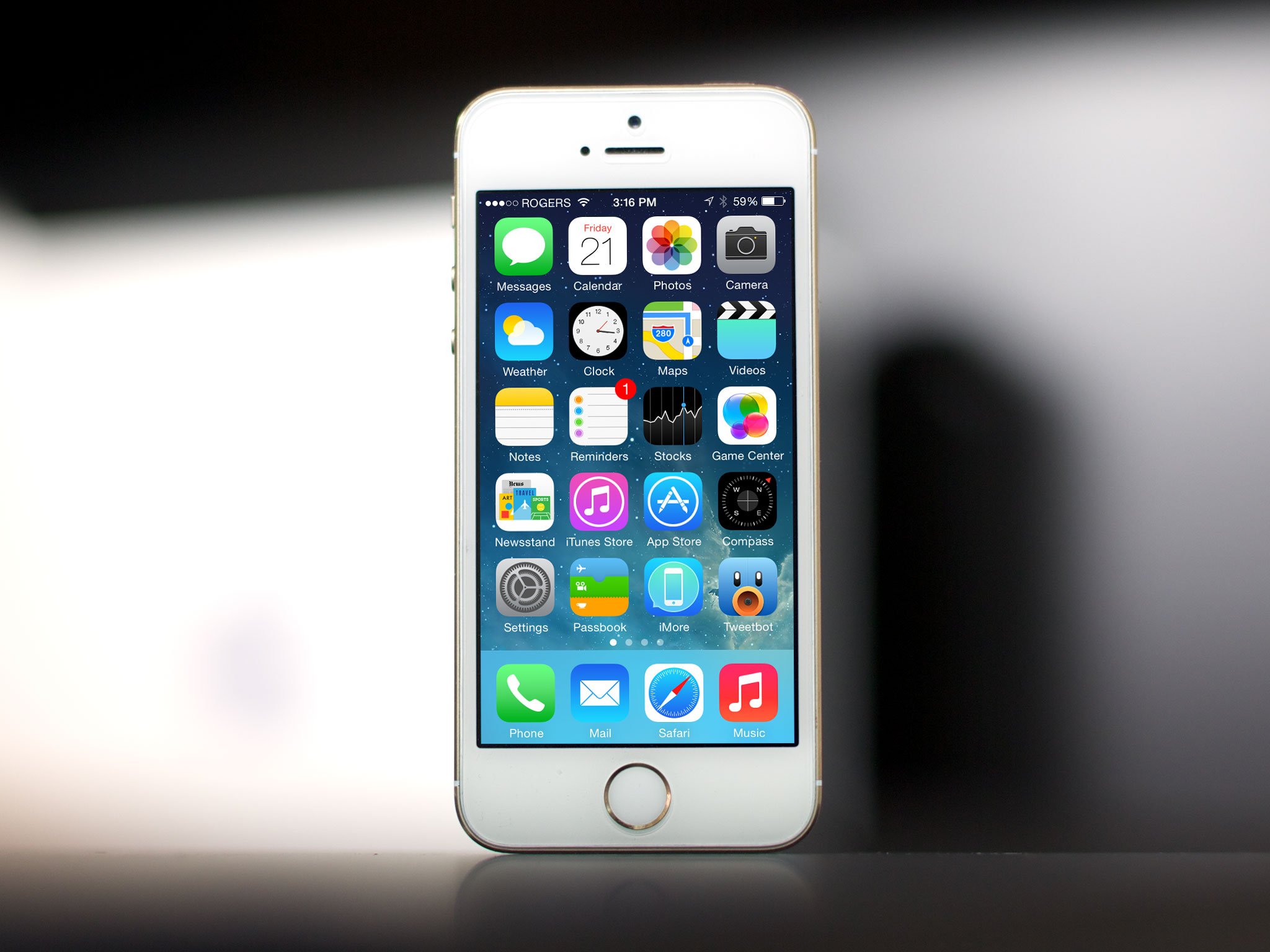
A SIM card is a tiny chip found inside most cell phones, but most of you are probably aware of this. We're also guessing that you know how it can be used to store contact information and a small number of text messages.
Yet did you know that a tiny amount of memory on the SIM card allows for program code to be stored there? Basic applications are usually pre-written on this program space by the carrier issuing the SIM Card. This allows users to perform operations related to their wireless service – to check their balance, to enable service features, stuff like that.
Now, accessing the SIM card applications is an easy task if you have an Android device – an icon depicting a SIM card appears in the app drawer, and the user just needs to tap it. But on an iPhone, these apps are accessible in a different way. First you go to your Settings menu and from there you pick "Phone". At the bottom of the screen that comes next, there's an option that reads "SIM Applications". This is what you need to tap. That's pretty much it, and whatever features the carrier has pre-loaded in the SIM card memory will appear here. Our SIM card, for example, provides billing and payments information, as well as options to view calls we've missed while the phone has been out of service.
Below
you'll find the above process visualised in a step-by-step manner. Just
keep in mind that the menu on your SIM card, if available at all, is
most likely going to look different than ours.





No comments:
Post a Comment